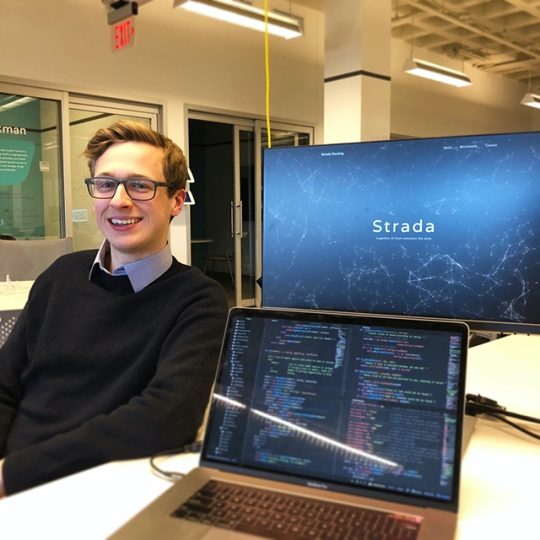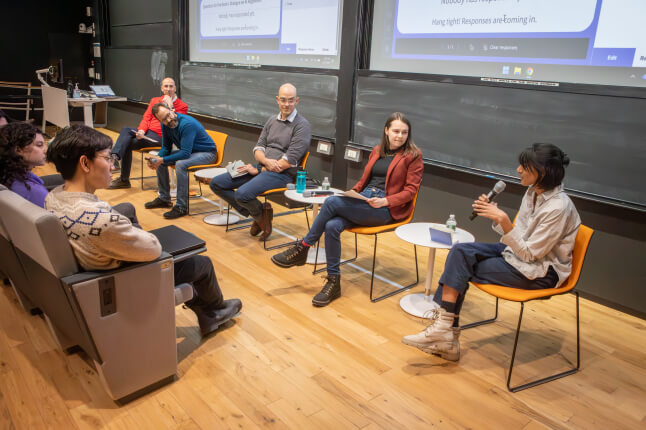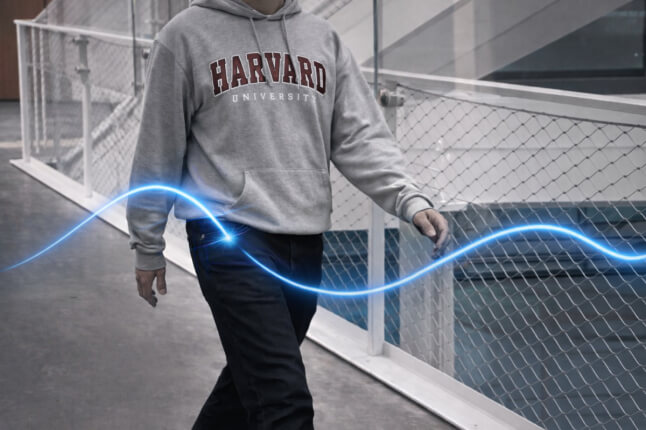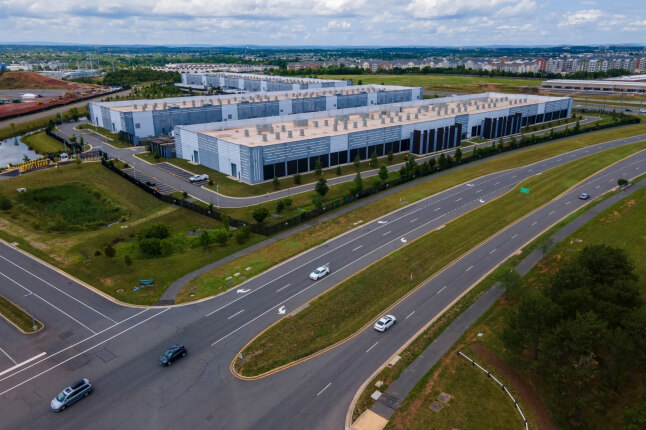News
Landon Smith's startup, Strada Routing, uses artificial intelligence to automate the processes of load bundling and bidding for truck shipments.
For his final paper in Advanced Machine Learning (CS 281), Landon Smith used artificial intelligence to predict the cost of a single route for a trucking company.
As he learned more about the trucking industry, Smith saw how many of the biggest problems companies face result from a lack of technology and optimization. His interest piqued, he dug deeper to explore how machine learning could improve operations.
Smith’s work led him to launch a startup, Strada Routing, which uses artificial intelligence to automate the processes of load bundling and bidding for truck shipments. Strada Routing won the silver medal in the commercial track of this year’s i3 Innovation Challenge, sponsored by the Technology and Entrepreneurship Center at the Harvard John A. Paulson School of Engineering and Applied Sciences.
To create a truck route, most motor carriers begin by searching through public boards where shippers post loads they need moved. Carriers then select individual loads and build a route for each driver sequentially, based on truck specifications and driver needs.
“This is really inefficient because if a single one of those shipments falls through—and a ton of shipments are canceled in the trucking industry—then the entire thing falls apart,” explained Smith, A.B. '22, an applied math concentrator. “It is much better to do top-down optimization that can look at everything at once, but that is really hard to do because people can’t understand that many loads at once.”
But a computer can.
Using the Strada Routing platform, motor carriers upload information on the trucks in their fleet (i.e. which ones are refrigerated, etc.), the schedules of those trucks (how long the drivers want to be on the road), and a desired start and end point. Then the system instantly determines optimal routes based on all the loads available across the U.S.
A simplified dashboard enables users to see those options and, with just one click, book the loads they want, Smith explained.
“What’s great about AI is that it can address high dimensional constraints. Not only can we minimize time, or distance, or cost, we can also maximize revenue while minimizing carbon impact, for instance. There are a ton of constraints that can be addressed with a single optimization,” he said. “Additionally, it can look at things that others can’t, like the time windows and how they overlap, so it knows when a driver is going to be tired and should take a rest.”
When Smith compared Strada Routing to the current system for route planning, his technology was able to reduce time on the road by 10 percent and generated about $750 more per route.
Developing the technology was especially challenging because route planning is such a complex problem. With so many potential loads and locations, the possibilities quickly start growing exponentially, which can bog down even artificial intelligence, Smith explained. To get around this problem, he invested many hours training his models beforehand, playing them against each other in a “game” to come up with a better route.
“Another big challenge has been on the business side. Since I’ve been coming from an academic background, I had to learn that just because something is new, cool, and better doesn’t mean there is going to be a market for it,” he said. “I have a great technology that is producing great results, but now I need to get people to actually use it.”
Smith has relied on the support of Harvard’s entrepreneurial resources to get his startup rolling. In addition to the mentorship and community support he received through the i3 Innovation Challenge, Strada Routing was a part of the Harvard Innovation Lab’s Venture Incubation Program.
That program gave him access to free computational credits on Amazon Web Services and Google Cloud, which proved vital for training the largescale models his startup relies on. Through the iLab, Smith was able to meet entrepreneurs and business leaders who have been invaluable sources of advice.
Now that he is building some momentum, Smith plans to expand his team over the summer and continue reaching out to potential customers. While he is nervous about moving the company forward amid the economic challenges posed by COVID-19, he is excited for the opportunity to innovate.
“I’ve always been a builder. I’ve always loved creating things, but I’ve never seen people get excited about what I’ve built in this way. People I’ve shown this to, they don’t just think it is cool, they think they could actually use it to improve their operations,” he said. “That is definitely the most gratifying thing. This started as just an idea I had, and now it is something that could have a real impact.”
Topics: AI / Machine Learning, Entrepreneurship
Cutting-edge science delivered direct to your inbox.
Join the Harvard SEAS mailing list.
Press Contact
Adam Zewe | 617-496-5878 | azewe@seas.harvard.edu



